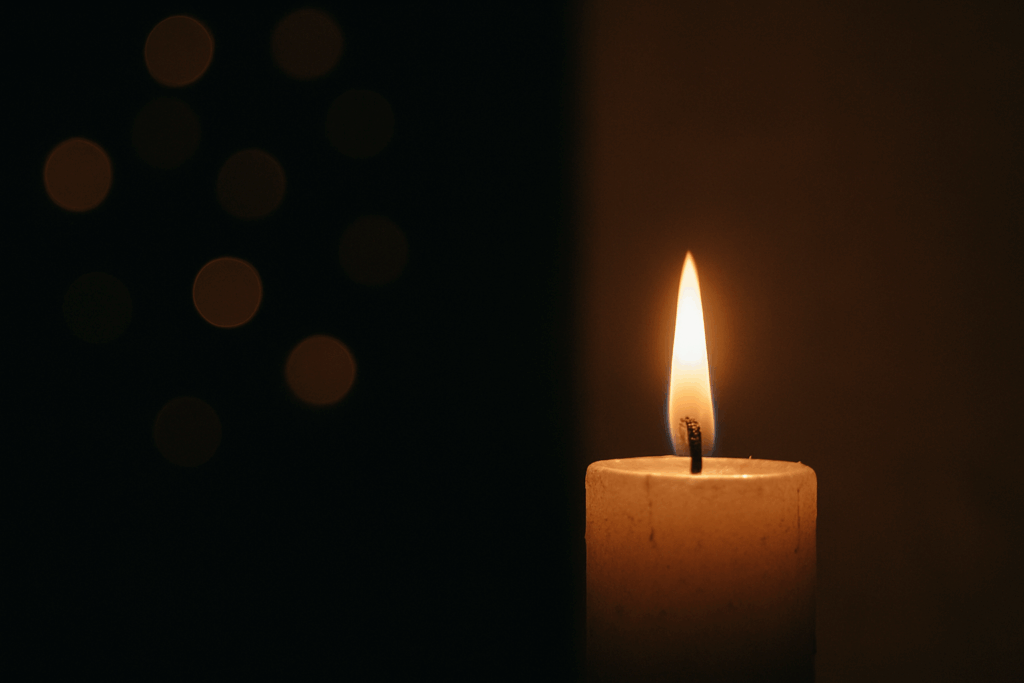微信出现以后,点赞,原本是再简单不过的一件事。轻轻一点,不用言语,不需承担,只是静静地告诉世界:我看见了,我同意了。可就是这一点,看似微不足道的动作,在某些地方,却成了令人心跳加速的冒险。
很多人看到一篇文字,良心微微颤动,心里说:“说得真好。”可指尖悬停在屏幕上,最后还是默默划走。不是不认同,不是无动于衷,而是害怕:
- 怕被盯上,自己成了选边站的人;
- 怕被误会,自己也是这样的人;
- 怕这无声的点赞,变成自己身份的标记。
点赞成了危险动作,转发成了禁忌,评论更像是跳进了雷区。于是,人们学会了装作没看见,学会了躲开那些需要勇气的真话,学会了在内心赞同,却在表面沉默。这不是个别现象,这是时代的众生相。沉默和冷漠,像一层无形的雾,把每个人紧紧裹住。
如果说你没有立场、没有信仰这倒也无可厚非,可如今,一些基督徒在对“政治”这个词一知半解的情况下,面对涉及“敏感性”的话题也开始讲起了“政治”,似乎平时的聚会、读经、祷告等都要给这些政治话题让道,这样的态度也慢慢取代了圣经话语和原则。对主内文章时也是如此,看到文章不去从圣经真理的角度去斟辩真伪,却从与作者的关系远近、从对方是不是与自己有利益瓜葛等方面考虑是不是该给对方一个‘点赞’。
说到这我想,这种背离真理、趋利避害的姿态,其实是另一种精致的市侩文化。那些所谓的民族大义、圣经真理、圣灵感动等都被抛到了脑后。这背后,真的只是市侩和冷漠吗?不。更多的是恐惧。
恐惧被连坐,恐惧被打击,恐惧一个轻微的动作便招致祸患。于是,连一个微不足道的点赞,仿佛也成了不能承受的重负。在一片风平浪静的表象之下,是一颗颗因为太久压抑而学会自保的心。这份恐惧,是可以理解的。在长期高压与无力感中生长的人群,沉默成了本能,冷漠成了生存之道,圣经真理和圣灵感动的一个个瞬间成了自己的工具。不是他们不渴望光明,不是他们不向往自由,只是害怕得太久了,久到连一颗赞,都不敢轻易种下。沉默,从矛盾的双方而言,你已经站到了盘剥你利益的那一方,成了他们的帮凶。
但我仍愿意对你们说:你们沉默的良心,我听见了。你们未曾点下的赞,我看见了。不是所有的光亮,都需要大声宣告;不是所有的勇气,都必须张扬示人。但请记住,在你心中那一闪而过的悸动,正是自由尚未熄灭的火种。
也许今天,你没有点下那个“赞”;也许你还不敢在光天化日下说出自己的名字。没关系。但请你守住心里的那一点柔软,守住那一丝还没有死去的良知。当你无法大声说话的时候,就低头默祷;
当你无法为他人撑伞的时候,就默默记住他们的名字。因为——沉默不必永远,良知不该凋零,而勇气,终将在沉默中慢慢苏醒。
但是,我要说的是,圣灵并不是在任何时候都会感动你,而你被圣灵感动的次数不一定会被你一次次的否定和隐藏而减少,可祂会失望,祂会为你叹息。圣经怎么说来着?
不要消灭圣灵的感动,不要藐视先知的讲论。但要凡事察验,善美的要持守,各样的恶事要禁戒不作。(帖撒罗尼迦前书 5:19-22 和合本)
后记:
给每一个害怕、沉默、却仍然悄悄地在心底点亮微光的人。
哪怕只是一瞬的悸动,也是一种温柔的坚持。
世界很黑,不要熄灭自己。也许,下一次,当你心底那微弱的光再次闪烁时,就勇敢地点下那个“赞”—–为真理,也为自己。

The Fear of Liking: A Mirror That Cannot Be Hidden
Since the advent of WeChat, “liking” has become the simplest of gestures. A gentle tap, without words or obligation, silently tells the world: “I have seen this, and I agree.” Yet this seemingly trivial act can, in certain contexts, become an adventure that quickens the heartbeat.
Many people read a compelling post and feel a faint tremor in their conscience, thinking, “That’s truly well said.” But as their fingertip hovers over the screen, they hesitate and eventually swipe away. It is not that they disagree or remain indifferent; rather, they are afraid of:
- Being watched—becoming someone who must choose a side;
- Being misunderstood—being labeled as one of “those people”;
- Having this silent “like” become a marker of their identity.
A “like” has become a dangerous act, a “share” is a taboo, and a comment feels like stepping into a minefield. Thus, people learn to feign ignorance, to avoid truths that require courage. They come to silently agree in their hearts yet remain outwardly silent. This is not an isolated phenomenon but the zeitgeist of our era. Silence and indifference envelop everyone like an invisible fog.
If you have no stance or no faith, that might be understandable. Yet nowadays, some Christians—who have only a cursory understanding of the word “politics”—still talk about “politics” whenever a “sensitive” topic arises. Their gatherings, Bible studies, and prayers seem obliged to give way to these political issues, an attitude that gradually supplants Biblical truth and principle. The same applies to “in-the-fold” articles: rather than evaluating them from the standpoint of scriptural veracity, some decide whether to “like” a piece based on their personal relationship with the author or on whether there is some vested interest.
Thus, what we see is a posture of departing from truth and avoiding risk—in other words, a refined, calculating commercialism. National causes, Biblical truth, and the stirring of the Holy Spirit are all cast aside. But is this simply a matter of commercialism and indifference? Not at all. What underlies it is fear.
- Fear of being implicated,
- Fear of retaliation,
- Fear that even a seemingly innocuous “like” could invite trouble.
Suddenly, that tiny “like” appears too great a burden to bear. Beneath a veneer of calm, there are hearts that have been trained for so long to self-preserve that they recoil at any flicker of expression. Such fear is understandable: in a people molded by prolonged pressure and powerlessness, silence becomes instinct, and indifference becomes a survival tactic. In that process, moments of Biblical truth and the stirring of the Holy Spirit become tools for self-protection. It is not that they do not long for light, or that they do not yearn for freedom; rather, they have been afraid for so long—so afraid that not even a single “like” can be easily planted. In that silence, from any angle, one stands shoulder to shoulder with those who deprive them of their rights—becoming unwitting accomplices.
But I still want to say to you:
I hear your silent conscience. I see the “likes” you did not give.
Not every spark needs a resounding proclamation; not every act of courage must be flaunted. Yet please remember: that flicker of emotion within you is a spark of freedom not yet extinguished.
Perhaps today you did not tap that “like”; perhaps you still tremble at the thought of revealing your name in broad daylight. That is all right. But please guard that sliver of tenderness in your heart. Protect the fragment of conscience that has not yet died. When you cannot speak aloud, bow your head and pray quietly.
When you cannot shield another’s head from the storm, then at least remember their name in silence. Because—silence need not be eternal, conscience should not wither, and courage, in time, will quietly awaken from that stillness.
However, let me add this: the Holy Spirit does not stir us in every moment. And while the number of times you feel that stirring is not lessened by every denial or concealment, He can be disappointed—He can sigh on your behalf. As the apostle writes,
Do not quench the Spirit. Do not despise prophecies. Test all things; hold fast what is good. Abstain from every form of evil.(1 Thessalonians 5:19-22 NKJV)
Postscript:
For every person who is afraid, who remains silent, yet still—quietly—kindles a small light in their heart:
Even the briefest tremor is a gentle form of perseverance.
The world may be dark, but do not extinguish yourself.
Perhaps next time, when that faint glimmer of light in your heart flickers again,
You will courageously tap that “like”—for truth, and for yourself.

发表回复